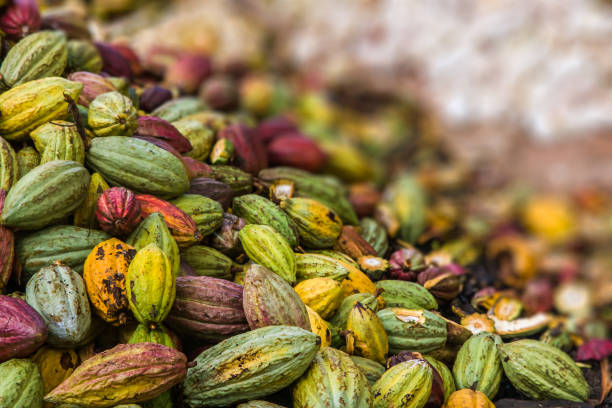Introduction:
In the ever-evolving World of gastronomy, certain countries have risen to prominence for their culinary prowess, attracting food enthusiasts from around the globe. Among these, one country stands out, boasting an impressive number of establishments on the coveted list of the World’s 50 Best Restaurants. This nation has become a culinary haven where innovative chefs, diverse flavors, and exceptional dining experiences converge to create a gastronomic paradise. In this exploration, we delve into the culinary landscape of this remarkable country, unraveling the secrets behind its success and discovering the unique stories that have shaped its gastronomic identity.
Historical Context:
To truly appreciate the culinary excellence of this nation, it’s essential to delve into its rich history. Culinary traditions often intertwine with cultural and historical narratives, and this country is no exception. From indigenous ingredients to colonial influences, each aspect has contributed to the diverse and vibrant food scene that exists today.
The Rise of Culinary Powerhouses:
The journey to dominance on the global culinary stage involves the efforts of visionary chefs who push the boundaries of creativity and innovation. This country has witnessed the rise of several culinary powerhouses whose restaurants consistently grace the World’s 50 Best Restaurants list. Through their commitment to excellence and a deep connection to local ingredients, these chefs have not only elevated the status of their establishments but also brought international acclaim to their nation’s culinary scene.
A Symphony of Flavors:
One cannot discuss the success of this culinary destination without exploring the unique flavors that define its gastronomy. From street food vendors to Michelin-starred restaurants, the country’s diverse culinary landscape offers a symphony of flavors that tantalize the taste buds. Whether it’s the umami-rich dishes of the coastal regions or the bold, spicy creations from the heartland, every bite tells a story of tradition, passion, and culinary craftsmanship.
Local Ingredients and Sustainability:
At the core of this country’s culinary success lies a deep respect for local ingredients and a commitment to sustainability. Chefs have embraced the farm-to-table movement, forging partnerships with local farmers and producers to showcase the freshest and finest ingredients. This not only enhances the quality of dishes but also contributes to the preservation of traditional farming practices and the environment.
Innovation and Culinary Arts:
Innovation is a key driving force behind the country’s dominance in the culinary World. Chefs continually push boundaries, experimenting with flavors, techniques, and presentations. The intersection of tradition and modernity is evident in every dish, creating a dining experience that is both rooted in history and forward-thinking. Culinary schools and institutions have played a crucial role in nurturing the next generation of chefs, ensuring a continuous flow of fresh ideas and talent.
Culinary Tourism and Economic Impact:
The success of the country’s culinary scene has not only attracted food connoisseurs but has also become a significant driver of culinary tourism. Visitors flock to savor the unique gastronomic experiences offered by the country’s top restaurants, contributing to the local economy and fostering a global appreciation for its culinary heritage. The economic impact extends beyond the restaurant doors, influencing related industries such as hospitality, agriculture, and food production.
Challenges and Future Outlook:
While the culinary landscape of this nation is thriving, it is not without its challenges. From the impact of global events on the restaurant industry to the ongoing need for sustainability, chefs and stakeholders face a dynamic set of circumstances. However, the resilience of the culinary community and its commitment to excellence suggests that the future holds even greater promise.
Conclusion:
In the World of gastronomy, where flavors, stories, and innovation intersect, this country stands as a beacon of culinary excellence. With more of the World’s 50 best restaurants than any other nation, it has not only solidified its place on the global culinary stage but has also inspired a new generation of chefs and food enthusiasts. As we embark on a culinary tour of this remarkable nation, we discover not only the delectable dishes that grace its tables but also the passion, creativity, and cultural richness that define its gastronomic identity.












+ There are no comments
Add yours